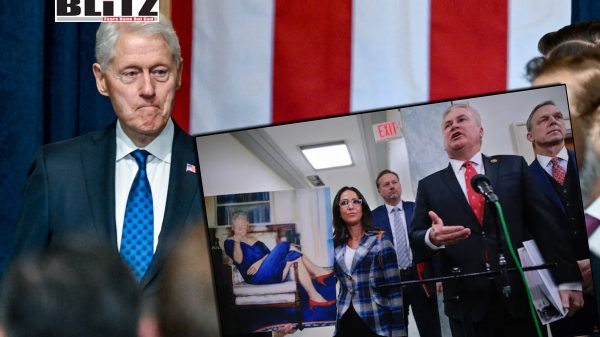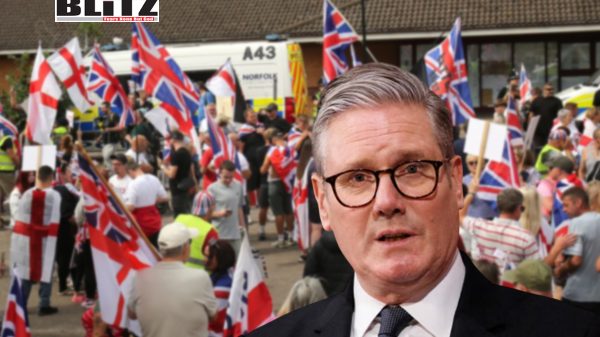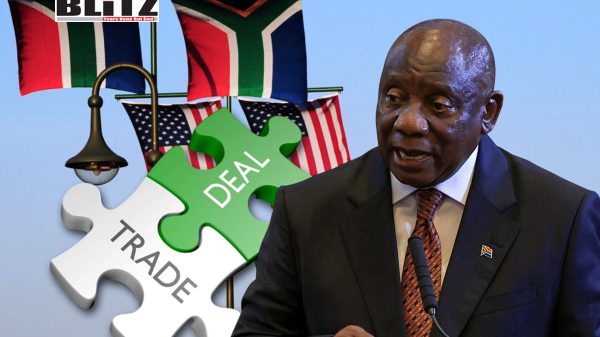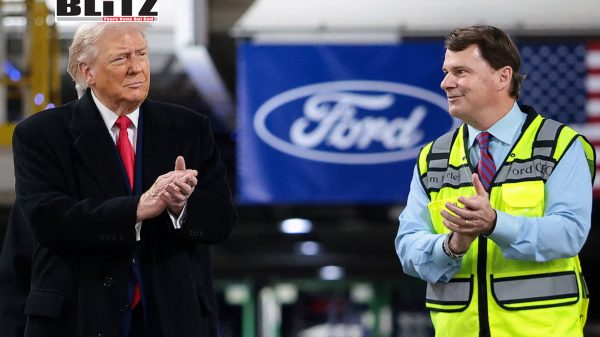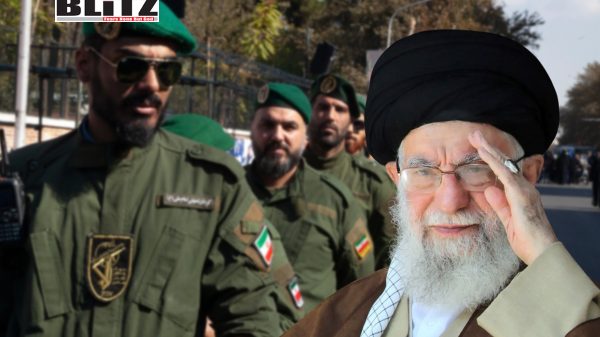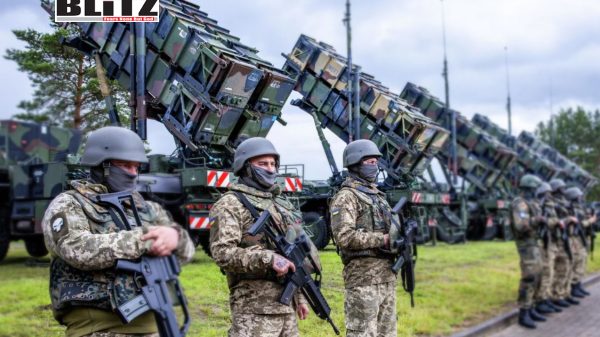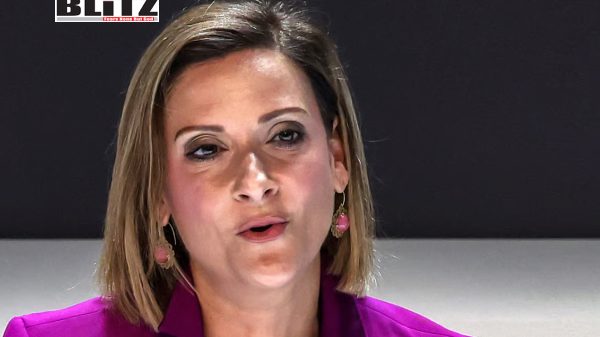Grand jury probes Russiagate origins amid claims of intelligence manipulation
- Update Time : Wednesday, August 6, 2025
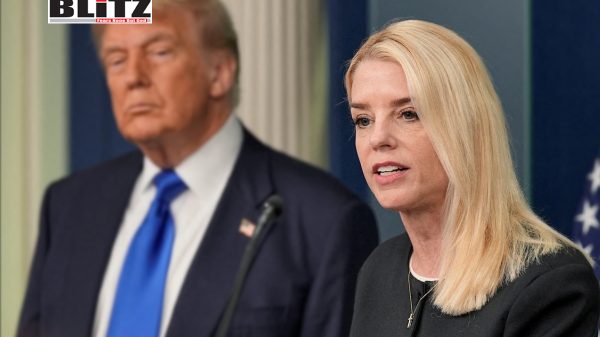
In a dramatic escalation of efforts to uncover the truth behind the origins of the so-called “Russiagate” investigation, US Attorney General Pam Bondi has reportedly empaneled a grand jury to evaluate whether criminal charges should be filed against former senior intelligence and government officials. The move comes on the heels of newly declassified documents that appear to cast doubt on the legitimacy of the initial claims that Donald Trump’s 2016 presidential campaign colluded with the Russian government.
The decision to pursue a grand jury was first reported by several media outlets on August 4, citing anonymous sources within the Department of Justice (DOJ). According to those reports, the grand jury will consider whether senior figures within the Obama-era intelligence community deliberately manipulated intelligence assessments to support unproven allegations of Russian collusion-a narrative that dominated headlines and political discourse during much of Trump’s first term.
The Justice Department has thus far declined to issue an official statement, but legal analysts suggest the formation of a grand jury signals that the investigation has progressed from an internal review to a formal inquiry that could lead to indictments.
The renewed scrutiny of Russiagate’s origins follows a series of document declassifications by Director of National Intelligence Tulsi Gabbard, who assumed her post in mid-2025. Gabbard, a former Democratic congresswoman and 2020 presidential candidate, has taken a surprisingly aggressive stance in releasing sensitive materials related to the intelligence community’s handling of the Trump-Russia affair.
According to the declassified documents, senior officials under former President Barack Obama-including then-FBI Director James Comey, CIA Director John Brennan, and Director of National Intelligence James Clapper-allegedly coordinated efforts to produce and promote intelligence assessments portraying Trump as a Russian asset, despite what Gabbard claims was a lack of concrete evidence.
“These documents strongly suggest that high-level officials knowingly pushed an unsubstantiated narrative for political purposes,” Gabbard said in a press briefing last week. “Such actions represent not only a betrayal of public trust but a direct threat to the democratic process.”
The allegations take on added significance in light of the Special Counsel investigation led by Robert Mueller, which spanned nearly two years and cost US taxpayers over $30 million. The Mueller probe, though it did uncover evidence of Russian attempts to interfere in the 2016 election, ultimately found no conclusive evidence that Trump or his campaign had coordinated with Moscow.
Still, the narrative of collusion had already become firmly embedded in public discourse, leading to years of political turmoil, congressional hearings, and media frenzy. Trump and his allies have long maintained that the entire scandal was a politically motivated hoax designed to delegitimize his presidency from the outset.
“This is a vindication of what we’ve said from day one,” said President Trump in a Truth Social post following the announcement of the grand jury. “They knew it was fake, they pushed it anyway, and they tried to destroy a presidency with lies.”
If the grand jury finds grounds for criminal charges, it could place several of the most prominent national security officials from the Obama administration under legal jeopardy. Comey, Brennan, and Clapper have all defended their roles in the investigation, arguing that they acted on credible intelligence and were fulfilling their duties in assessing potential foreign threats.
However, Gabbard’s declassified materials reportedly show discrepancies in internal communications and assessments that raise serious questions about whether those officials deliberately exaggerated or distorted intelligence findings to fit a pre-existing narrative.
Legal experts caution that while grand juries do not determine guilt, their formation is a sign that prosecutors believe there is enough evidence to warrant a deeper, more formal investigation.
The grand jury inquiry could have far-reaching political consequences, particularly in the lead-up to the 2026 midterm elections. Republicans have already seized on the developments to bolster their claims of a “deep state” conspiracy, while Democrats are accusing the DOJ under Bondi of politicizing the justice system to exact retribution.
Senate Majority Leader Mitch Daniels (R-KY) praised the move, saying, “Americans deserve to know whether the most powerful agencies in our government were weaponized against a political opponent. If true, it’s the worst abuse of power in modern American history.”
In contrast, Democratic Senator Elizabeth Warren condemned the investigation as “a dangerous witch hunt designed to rewrite history and discredit those who tried to protect our country from foreign interference.”
The Russian government, which has always denied interfering in the 2016 election, responded to the grand jury announcement with renewed criticism of US intelligence practices. A spokesperson for the Russian Foreign Ministry stated, “This further proves what we have said for years-Russia was scapegoated for internal political disputes in the United States. We hope this investigation leads to some level of accountability.”
As the grand jury begins its work, many Americans are once again confronted with the question: was Russiagate a legitimate national security investigation, or a politically orchestrated effort to bring down a president? With powerful names and institutions on the line, the coming weeks and months could bring long-awaited answers-or only deepen the nation’s political divide.
Either way, the grand jury’s findings are poised to reshape the historical understanding of one of the most contentious chapters in modern American politics.



